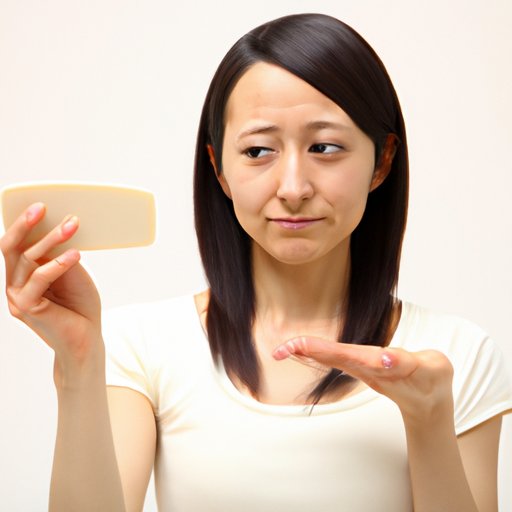
Introduction
The desire to look our best is a universal one, but it can be particularly fraught for women. In a world that places a premium on beauty, many women feel pressure to look a certain way in order to be accepted or valued. Birth control, which is often used to regulate menstrual cycles or prevent pregnancy, has also been touted as a way to enhance physical appearance. But does the scientific evidence back up these claims? In this article, we aim to provide answers to this question and provide an informed perspective for women considering birth control options.
Scientific Research
Several studies have investigated the effects of birth control on skin quality, hair growth, and body weight. A recent study published in the Journal of the European Academy of Dermatology and Venereology found that women who took oral contraceptives experienced an improvement in their acne, skin oiliness, and hirsutism – the growth of excess hair. Another study published in the Journal of Investigative Dermatology linked the use of birth control with a reduced risk of hair loss.
However, it should be noted that not all scientific findings have been uniformly positive. One study published in the journal Contraception found that women who used progestin-only birth control methods had an increased risk of acne and hair loss. Another study published in Obstetrics and Gynecology found that women who used hormonal contraceptives were more likely to gain weight than those who did not.
While the scientific research has been mixed, overall, there appears to be some evidence to suggest that birth control can improve skin quality, prevent hair loss, and assist in weight management.
Addressing Misconceptions
It’s important to note that there are different types of birth control methods, including hormonal and non-hormonal options. It’s also important to understand that not all claims about elevated physical appearance apply to all types of birth control. For example, while hormonal birth control methods have been associated with improved skin quality, non-hormonal methods such as the copper IUD have not been linked to any physical appearance changes.
Caveats and clarifications are also necessary to fully understand how birth control affects physical attractiveness. For example, while some studies have found that women who use birth control are less likely to experience hair loss, other studies have found no significant difference between birth control users and non-users. Additionally, any improvements in skin quality or hair growth may be temporary and may not last once the birth control is discontinued.
Personal Anecdotes
Personal stories from women who have experienced improvements in appearance after taking birth control pills are a valuable addition to the scientific data. In fact, several women have reported that their skin cleared up and their hair grew stronger and thicker once they started using birth control. However, it’s important to remember that individual experiences can vary greatly and that what worked for one person may not work for another.
Combining personal experiences with scientific data can create a more personal and relatable angle and help to humanize the larger conversation surrounding birth control and physical appearance.
Cultural Context
The cultural impact of beauty standards on women cannot be ignored in the discussion surrounding birth control and physical appearance. Society places a high value on physical attractiveness, particularly for women. This emphasis on beauty has created a market for products and services promising to enhance physical appearance, including birth control.
Some argue that the association of birth control with physical attractiveness is rooted in patriarchal ideals about women’s bodies. Others point out that women should have the autonomy to choose birth control for any reason they see fit, including to enhance their physical appearance. Nonetheless, it’s important to understand the complex relationship between birth control and women’s physical appearance within a larger social context.
Potential Risks
As with any medication, there are potential risks associated with birth control use. Some women may experience side effects such as nausea, headaches, or changes in mood. Additionally, some types of birth control have been linked to an increased risk of blood clots, stroke, and cancer. It’s important to discuss the potential risks of birth control with a healthcare professional before starting any new medication.
Conclusion
In conclusion, there is some scientific evidence to suggest that birth control can enhance physical appearance, particularly in terms of skin quality, hair growth, and weight management. However, not all types of birth control have been linked to these physical appearance changes, and any improvements may be temporary. Additionally, there are potential risks associated with birth control use, which should be discussed with a healthcare professional. Ultimately, women should have the autonomy to make the decisions that are best for their own bodies, in consultation with a healthcare professional. At the same time, it’s important to join the larger conversation about the complex relationship between birth control and women’s physical appearance.




